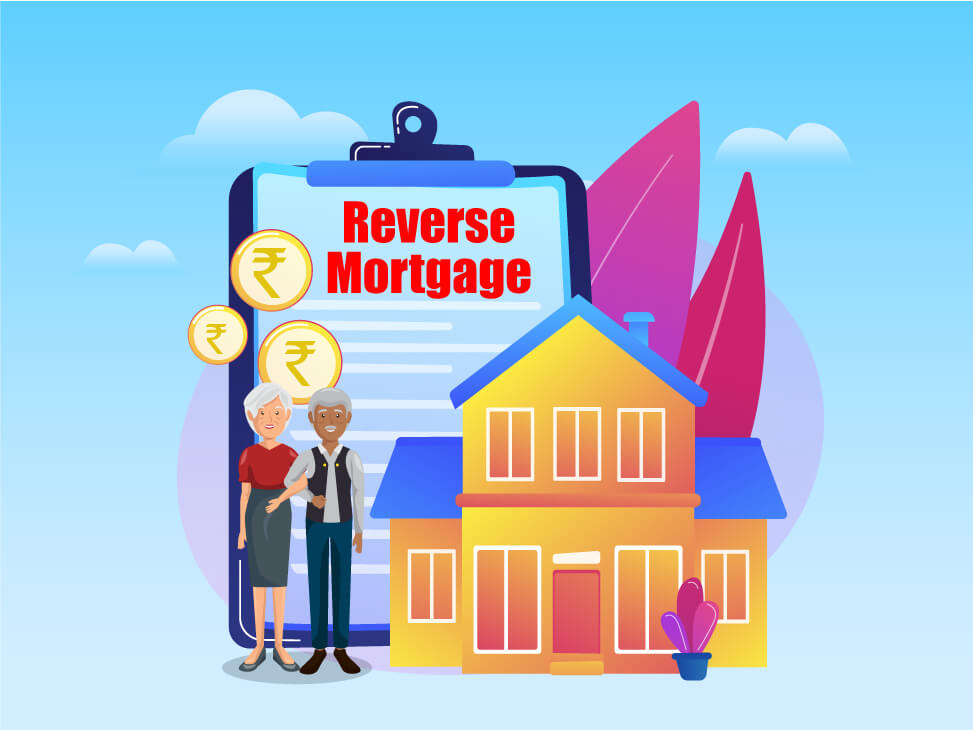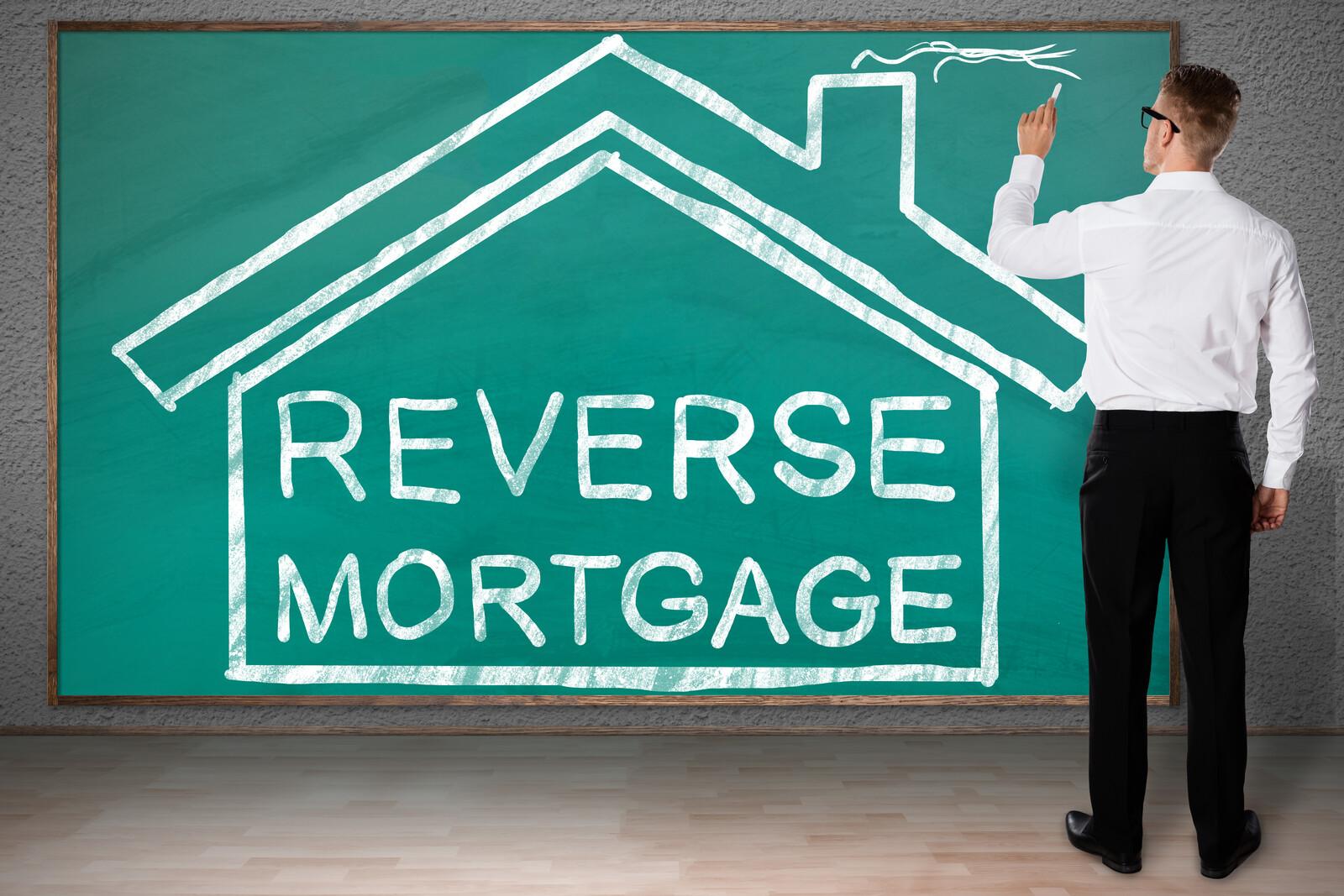Step-By-Step: Exactly How to Purchase a Reverse Home Loan With Self-confidence
Browsing the complexities of acquiring a reverse mortgage can be difficult, yet an organized technique can encourage you to make educated choices. It starts with evaluating your qualification and recognizing the nuances of different funding options available on the market. Engaging with reputable lending institutions and comparing their offerings is important for safeguarding beneficial terms. The procedure does not finish there; careful focus to documents and conformity is necessary. As we explore each action, it becomes apparent that confidence in this monetary decision rests on detailed prep work and educated options. What follows in this crucial trip?
Understanding Reverse Home Loans
The key mechanism of a reverse home mortgage involves borrowing versus the home's value, with the car loan amount increasing over time as interest accumulates. Unlike standard home loans, consumers are not required to make month-to-month payments; instead, the lending is paid back when the property owner sells the residential or commercial property, vacates, or dies.
There are two main kinds of reverse home mortgages: Home Equity Conversion Home Loans (HECM), which are federally guaranteed, and proprietary reverse mortgages offered by exclusive loan providers. HECMs usually offer better protection as a result of their regulatory oversight.
While reverse mortgages can use monetary alleviation, they additionally come with prices, consisting of source charges and insurance policy premiums. It is vital for possible consumers to fully recognize the terms and implications before proceeding with this financial alternative.
Examining Your Eligibility
Qualification for a reverse home loan is largely determined by numerous vital aspects that potential debtors must consider. First and foremost, candidates need to go to the very least 62 years old, as this age demand is readied to make certain that customers are coming close to or in retirement. Furthermore, the home needs to work as the borrower's primary house, which suggests it can not be a getaway or rental building.
Another crucial aspect is the equity position in the home. Lenders commonly need that the borrower has an enough amount of equity, which can influence the amount offered for the reverse home loan. Usually, the a lot more equity you have, the bigger the finance quantity you might receive.
Furthermore, prospective customers should show their capability to fulfill economic responsibilities, consisting of residential property taxes, property owners insurance policy, and upkeep expenses - purchase reverse mortgage. This evaluation usually consists of an economic evaluation performed by the lending institution, which examines revenue, debt background, and existing financial debts
Last but not least, the residential property itself must satisfy specific requirements, including being single-family homes, FHA-approved condos, or particular manufactured homes. Comprehending these elements is important for figuring out eligibility and preparing for the reverse home loan procedure.

Researching Lenders
After identifying your qualification for a reverse home loan, the following action includes researching lenders that supply these monetary items. It is essential to identify trustworthy lenders with experience in reverse home loans, as this will guarantee you get trusted support throughout the process.
Begin by examining loan provider credentials and qualifications. Seek lenders that are members of the National Reverse Mortgage Lenders Association (NRMLA) and are approved by the Federal Real Estate Management (FHA) These associations can indicate a commitment to ethical practices and compliance with industry standards.
Checking out client evaluations and testimonials can provide insight into the loan provider's reputation and customer support top quality. Web sites like the Bbb (BBB) can additionally use rankings and problem backgrounds that might aid anchor inform your decision.
In addition, seek advice from with financial experts or housing therapists that focus on reverse home mortgages. Their knowledge can help you browse the alternatives readily available and advise trustworthy loan providers based upon your unique monetary circumstance.

Comparing Lending Options
Contrasting finance choices is an important action in protecting a reverse home loan that aligns with your financial objectives. When analyzing various reverse home mortgage items, it is vital to think about the details features, expenses, and terms associated with each alternative. Begin by reviewing the kind of reverse home mortgage that best suits your demands, such as Home Equity Conversion Mortgages (HECM) or exclusive financings, which may have various qualification criteria and advantages.
Following, take notice of the rate of interest and fees connected with each loan. Fixed-rate fundings provide security, while adjustable-rate Read Full Report alternatives might offer reduced first prices but can rise and fall gradually. Furthermore, consider the in advance prices, including home loan insurance coverage costs, source fees, and closing expenses, as these can considerably affect the overall expense of the loan.
Furthermore, examine the repayment terms and how they line up with your lasting financial strategy. When the lending should be paid back is crucial, comprehending the ramifications of how and. By completely comparing these elements, you can make a notified choice, ensuring your option supports your financial well-being and supplies the protection you look for in your retired life years.
Completing the Acquisition
As soon as you have thoroughly assessed your choices and picked one of the most suitable reverse home loan item, the following step is to wrap up the acquisition. This procedure entails numerous essential steps, making certain that all necessary documentation is properly finished and submitted.
First, you will certainly require to gather all needed documents, consisting of evidence of revenue, residential or commercial property tax Resources statements, and house owners insurance policy documents. Your lender will certainly give a list of certain documents needed to assist in the approval process. It's important to offer exact and complete details to stay clear of hold-ups.
Next, you will certainly undergo an extensive underwriting process. Throughout this phase, the lender will assess your economic situation and the value of your home. This might include a home appraisal to determine the home's market worth.
Once underwriting is full, you will certainly receive a Closing Disclosure, which lays out the last terms of the funding, consisting of costs and rates of interest. Review this document very carefully to ensure that it aligns with your assumptions.
Conclusion
Finally, browsing the procedure of acquiring a reverse home loan needs a thorough understanding of eligibility requirements, diligent study on lenders, and careful contrast of loan alternatives. By systematically complying with these actions, people can make enlightened choices, ensuring that the picked mortgage straightens with financial objectives and requirements. Inevitably, a knowledgeable method promotes confidence in securing a reverse home loan, offering economic security and assistance for the future.
Look for loan providers who are participants of the National Reverse Home Mortgage Lenders Association (NRMLA) and are authorized by the Federal Housing Management (FHA)Comparing funding choices is a vital step in securing a reverse home mortgage that lines up with your economic objectives (purchase reverse mortgage). Beginning by reviewing the kind of reverse home mortgage that ideal suits your requirements, such as Home Equity Conversion Home Mortgages (HECM) or proprietary financings, which might have different qualification standards and advantages
In final thought, browsing the procedure of purchasing a reverse home mortgage requires a comprehensive understanding of qualification criteria, attentive research on lending institutions, and cautious contrast of loan alternatives. Ultimately, a well-informed approach fosters confidence in securing a reverse home mortgage, offering monetary stability and support for the future.